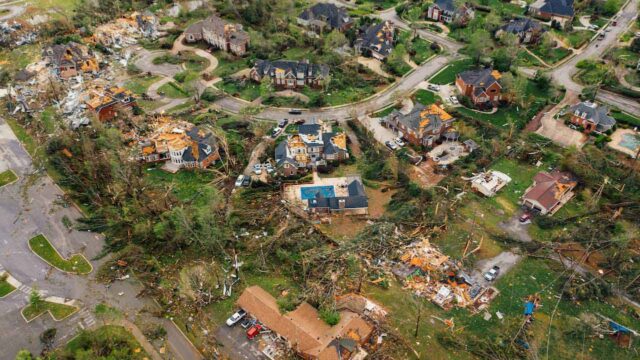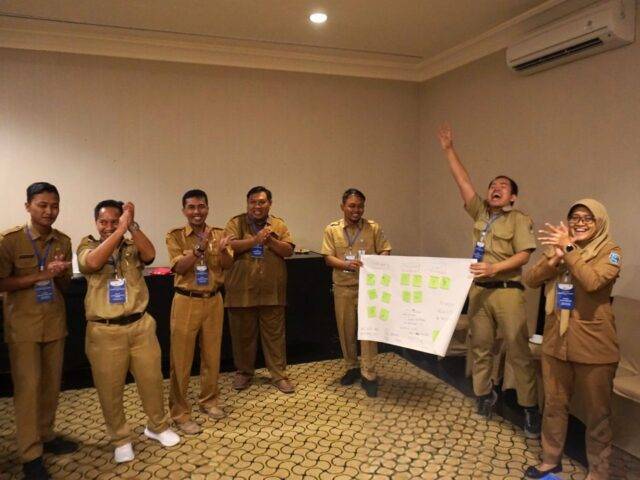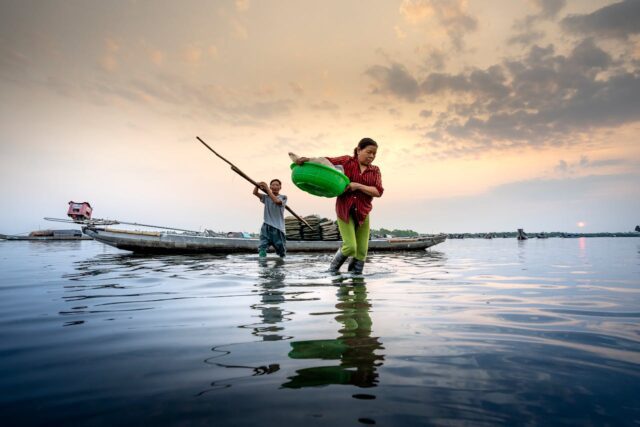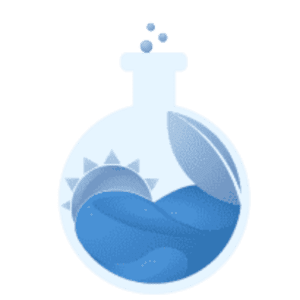Global natural disasters are a pressing challenge for humanity, a consequence of accelerated industrialization and rapid climate change. These events range from minor disturbances to severe damage inflicted upon communities and the environment. Preventing extensive harm necessitates the implementation of strategies focused on disaster risk reduction and mitigation, crucial for fostering a sustainable environment.
Within the WE are Water Education (Indonesia) Program, the second cluster comprises three courses centered on natural hazards. These courses aim to equip participants with knowledge and technological expertise required to both mitigate and adapt to these disasters. The courses include:
- Disaster Risk Reduction
- Ecosystem-Based Disaster Risk Reduction Approach
- Flood Risk Assessments
Introduction to Disaster Risk Reduction
Natural disasters have serious adverse effects on human life. Preventing these disasters is more effective than dealing with their consequences. Taking precautions in advance can significantly reduce the harm to the environment and prevent the loss of human lives and property. To reduce destruction from these disasters, it’s essential to understand the causes of such events and how to assess associated risks. Lacking this foundational knowledge may compromise the effectiveness of efforts aimed at risk reduction and protection. Prioritizing preparations and measures to lower risks plays a significant role in minimizing the impact of these unexpected events. Working together to prepare and prevent these disasters is vital for the safety and well-being of everyone.
Risk Assessments
Systematically planned technologies are needed for disaster risk reduction to avoid huge loss and destruction. Based on past events, these technologies should be well planned, and must include both theoretical and practical consideration. It is true that natural disasters cannot be avoided, but with the help of these technologies, natural disasters can be adapted and mitigated. So, it plays an important role in building sustainable future. If not only young professionals but also technicians and experts from government sectors have the knowledge of technology adaptation in Disaster Risk Reduction, we can improve the country’s economy as well as the community living standards.
Learn more about the courses in the link below.





